A Perth woman has told how she shares a “transformative power” through her creative writing business.
Sarah Clayton found the pause button being hit on her creativity when a neurological condition threw her off course.
Now she runs Write Wild Coaching for Writers from Perth.
Sarah has always been a writer and is using her experience and knowledge to help others realise their talents.
She answered our questions on her biggest struggles, achievements and more.
How and why did you start in business?
Have you ever felt like life just hit the pause button on your creativity? That’s exactly what happened to me.
I’ve always been a writer, and helping other writers has been my passion. But about 12 years ago, a neurological condition threw me off course.
I couldn’t write a single word for two whole years. It was tough, but something unexpected happened — I found myself spending more time in nature.
As I immersed myself in the natural world, my creativity slowly started to flow again. Nature didn’t cure my physical condition, but it rekindled my courage and determination.
I went from barely moving to rediscovering the magic that helps writers not only transform their work but also their lives.
That’s why I started this business — to share that transformative power with others.
How did you get to where you are today?
No matter what life throws at me, I’m a firm believer that there are always hidden gifts and opportunities waiting to be found.
When I feel stuck, I simply ask myself: What’s the next best step I can take?
Who helped you?
Starting this business wouldn’t have been possible without the Federation of Small Businesses.
Their support with funding, insurance, and business guidance was invaluable.
My husband, family, friends — especially my writing community and clients — and, of course, my dog Hugo. They’ve all been my greatest supporters every step of the way.
What’s the best piece of advice you’ve ever had?
The best advice I’ve ever received came from Sophie Hannah, my writing coach and bestselling author.
She taught me that while your strategy might need tweaking based on results, “your hope should stay sky-high, untouched by the mental drama we writers love to create.”
What is your biggest mistake?
Believing I’m not good enough. It’s a lie that holds so many writers back from achieving their true potential.
The truth is, we’re all good enough, and we all deserve to be creatively fulfilled and find joy in our lives.
What is your greatest achievement?
I’m excited to share that my proudest accomplishment to date is creating the Write Wild Method — a transformative approach that will soon be available in my upcoming book.
This isn’t just another writing guide; it’s a companion that invites you to connect with nature, empowering you to elevate your writing and enrich your life.
And the best part? By embracing this method, you’re also contributing to the vital work of protecting our planet.
How are you managing rapidly rising costs, and how could the government help?
Keeping my costs low is a constant challenge.
While the internet offers amazing opportunities to support writers, the costs of running a business and providing training are tough to manage.
After many false starts and costly mistakes, I’ve finally built a fantastic team around me that understands my vision and works with me despite the financial limitations.
It would be a game-changer if the government fully invested in the creative industries, making it easier for those of us in the creative helping space to reach the people who need us most.
What do you still hope to achieve?
I am committed to nurturing a community of writers who not only craft compelling narratives but also cultivate a deep sense of purpose and stewardship towards our planet.
Through my coaching program, I aspire to inspire writers to harness their creativity, fulfil their life purpose and forge a harmonious relationship with the natural world, contributing to a future where sustainability is paramount and all individuals thrive.
What do you do to relax?
Nothing beats walking my dog along the Aird of Sleat beach in Skye, with my husband. I’m drawn to the sea, finding pure joy in just dipping my toes in.
I also practice natural mindfulness — connecting with nature in a focused way. It clears my mind, brings me peace, and reignites my creativity.
What are you currently reading, listening to or glued to on TV?
Right now, I’m diving into ecopoetry and Scottish novels while working on a book about how our words can drive sustainability and tackle climate change.
But when I’m not immersed in that, I’m all about psychological crime fiction. Daphne Du Maurier’s gripping tales, John Irving’s storytelling, and Rollo May’s insights on creativity are my go-tos.
Re-runs of Murder She Wrote, Inspector Morse – and I’m a fan of Masterchef and the Sewing Bee.
What do you waste your money on?
All my money goes to my dog in vet fees, doggy training, and doggy accessories. I buy a lot of books.
What’s the first thing you do when you get up in the morning?
I work on my fiction novel before getting out of bed in the morning.
What do you drive and dream of driving?
I currently drive a Volvo C40. I’d like the EX40
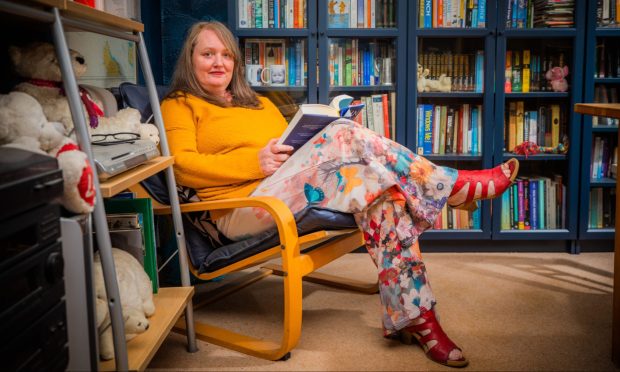
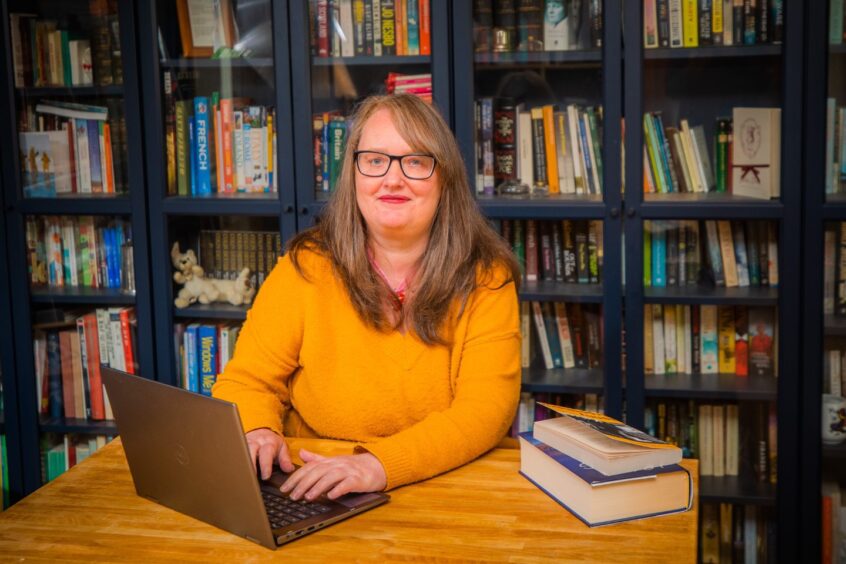
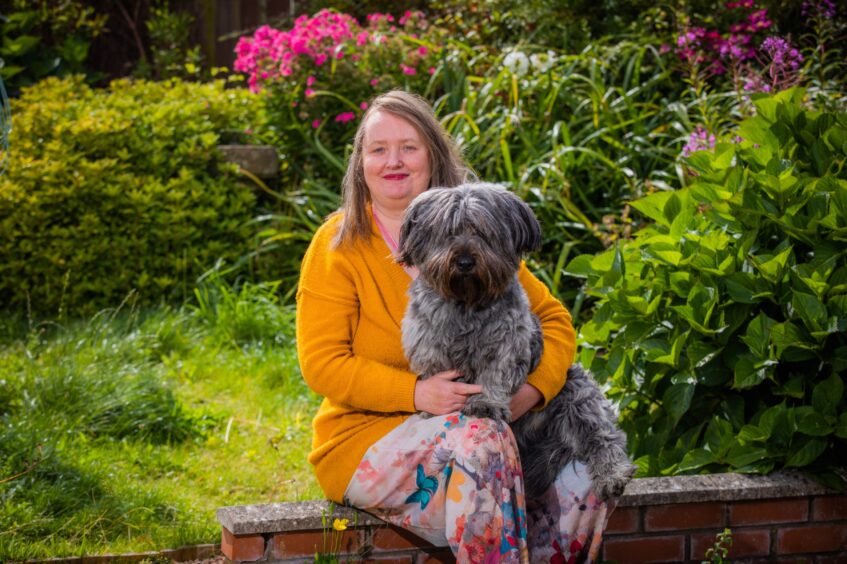
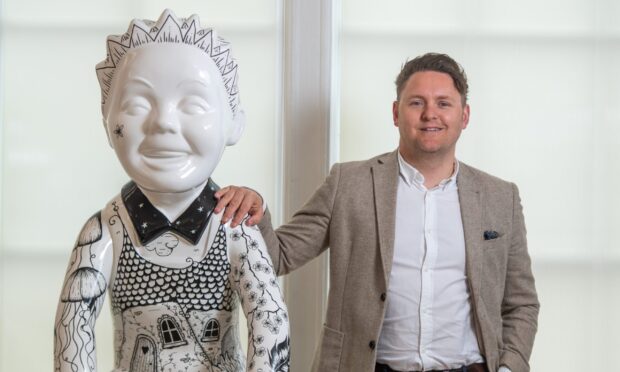

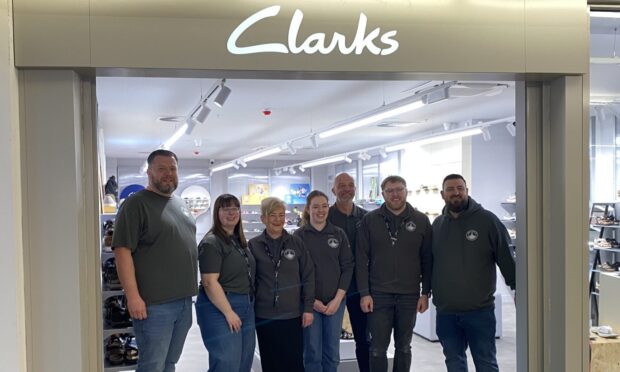

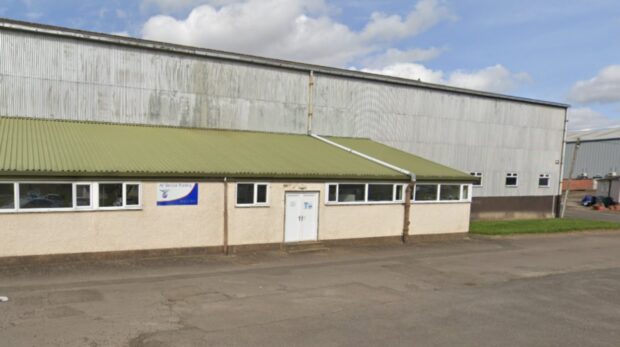
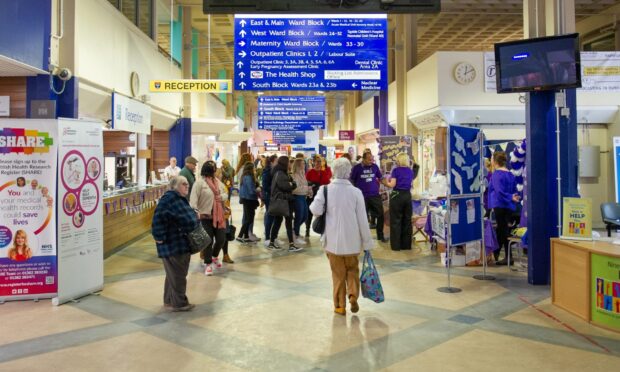
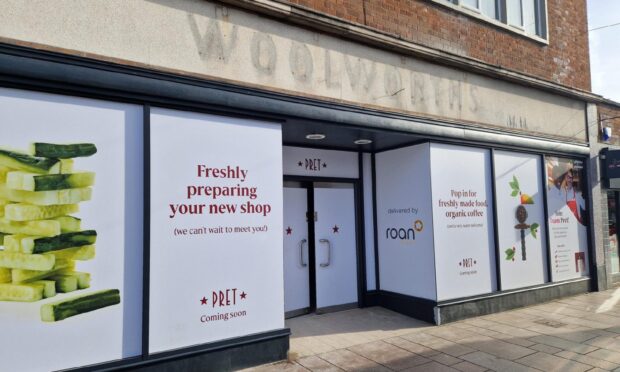
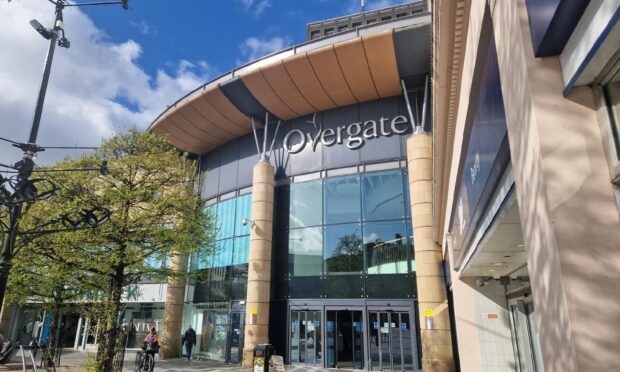

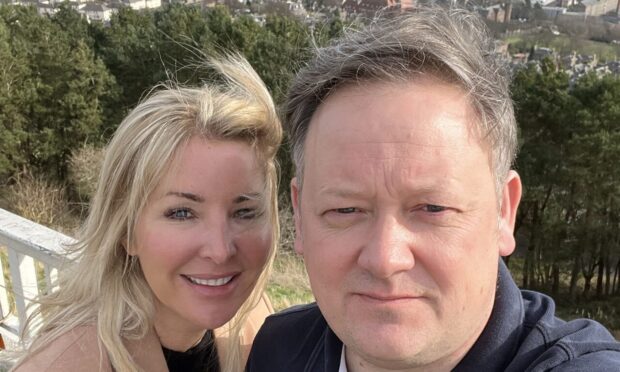
Conversation